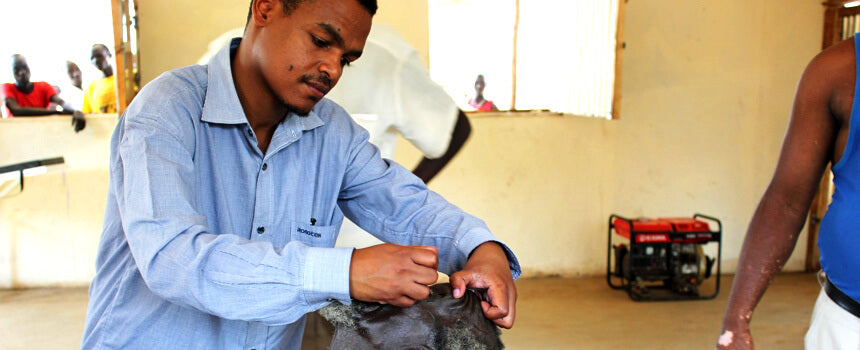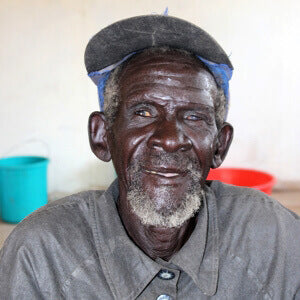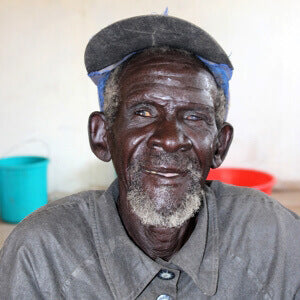Day 7
An eye examination for an elderly refugee in Ethiopia
 Looking to the future with hope
Looking to the future with hope


Eye examinations for elderly refugees in Ethiopia

need
Eye treatments for elderly refugees in Ethiopia.
activity
Free eye examinations and, depending on the diagnosis, treatment in the form of eye drops, glasses or cataract surgery.
Measurable performance
Number of refugees who received an eye examination and follow-up treatment.
Result
Examinations enable an accurate diagnosis and further treatment to improve vision.
Systemically relevant impact
Improving health and quality of life for older refugees.
background


The good deed
AboutEthiopia
Addis Ababa
Capital city
105 350 020
Population
1.719
Gross domestic product
per capita per year
173
Human Development Index
(Human Development Index)



